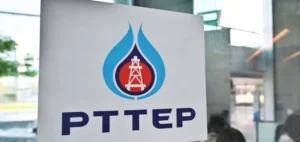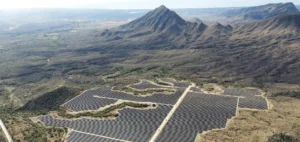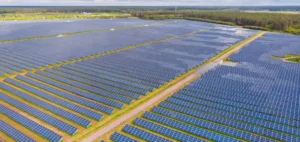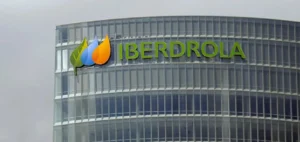The landscape of corporate climate commitments is changing rapidly.
As political and economic challenges intensify, many companies appear to be recalibrating their sustainability priorities.
Morgan Stanley’s announcement to quietly withdraw its funding target for plastic waste reduction is a case in point.
This phenomenon takes place against a backdrop where, under increasing pressure from investors and politicians, companies are choosing to limit their communication on their environmental commitments.
These readjustments raise questions about the future of the global energy transition.
Recalibrating Sustainability Strategies
Companies are adjusting their sustainability strategies in response to uncertain political and economic contexts.
According to a recent Deloitte survey, 55% of companies in the financial services sector have hired new resources and 50% have adjusted their ESG reporting schedules to improve their reporting capabilities.
However, despite this progress, many remain cautious in making public statements about their climate objectives, fearing possible criticism or political repercussions.
For many companies, the adaptation of ESG (environmental, social and governance) strategies is also influenced by pressure from institutional investors.
A 2024 survey shows that 89% of investors now include ESG criteria in their investment decisions, putting increased pressure on companies to demonstrate concrete progress towards their sustainability goals.
This pressure is driving some companies to refocus their efforts on less high-profile but more achievable initiatives, particularly in the face of data collection and transparency challenges.
Impact of Political Dynamics and the Financial Market
Current political dynamics, particularly in the U.S., are strongly influencing companies’ strategy regarding their ESG initiatives.
While 87% of executives support the integration of ESG metrics into regular reporting practices, many CEOs have revised their priorities, focusing more on inflation, artificial intelligence, and geopolitical issues, relegating ESG topics to the back burner.
At the same time, companies’ financial results are beginning to reflect the influence of these dynamics.
A growing number of listed companies have reduced references to ESG initiatives in their quarterly reports and public communications to avoid potential controversy and accusations of “greenwashing”.
For example, only 35% of individual investors consider sustainability to be a key factor in their investment decisions, illustrating a gap between the expectations of institutional investors and those of the general public.
Complexity of the Energy Transition
The energy sector, particularly affected by these dynamics, has to balance economic imperatives with climate commitments.
In Europe, 59% of large listed companies have plans in place to reduce their direct emissions or those associated with purchased energy, while in North America, only 35.6% of companies have such plans.
This difference highlights how political pressures and investor expectations can vary from region to region, influencing companies’ sustainability strategies.
In addition, challenges remain when it comes to implementing ESG initiatives, not least because of the diversity of reporting standards and data quality.
Almost 46% of investors cite a lack of reliable ESG data as a major obstacle to wider adoption of sustainable investment.
The variability of standards also makes it difficult for companies to effectively communicate their progress, which can lead to a perceived lack of transparency and consistency.
Seeking transparency and reviewing priorities
Transparency is crucial to maintaining investor confidence.
Yet less than half (40%) of investors trust the ESG scores and ratings they receive, revealing a persistent lack of trust in rating methodologies and the risk of greenwashing.
In this climate, players like James Vaccaro of Climate Safe Lending Network are calling for greater honesty.
Companies need to acknowledge their past mistakes, adjust their strategies and communicate clearly about the challenges they face.
This approach not only enhances companies’ credibility, but also provides a learning framework for the sector as a whole.
In response to this demand for transparency, some companies have begun to adopt more pragmatic approaches.
For example, instead of setting over-ambitious objectives, they are focusing on achievable and measurable targets, implementing rigorous monitoring and evaluation mechanisms.
This could help reduce the risk of greenwashing and boost investor confidence in the sincerity of ESG commitments.
The Challenge of Maintaining Investor Confidence
While the adoption of ESG initiatives is progressing, challenges persist.
76% of ESG investors are concerned about the performance of their investments, highlighting a tension between profitability and sustainability commitments.
Furthermore, 71% of investors consider the authenticity of corporate sustainability claims to be a major concern, reinforcing the need for clear communication and demonstration of concrete progress.
Communication around climate targets needs to be carefully calibrated to avoid announcements perceived as over-optimistic or unachievable, and focus on measurable, realistic commitments.
This is all the more vital in a market environment characterized by increased volatility and high interest rates.





















